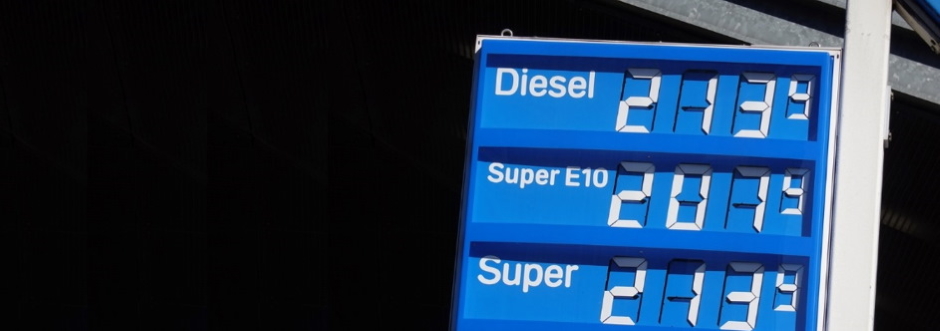Policy dialogue on the energy crisis
As a consequence of the Russian war of aggression against Ukraine, fossil fuel prices have risen to record highs. How are the additional costs distributed between private households, and how can politics ensure social balance? MCC deals with such questions in the context of researching solution-oriented policy portfolios for climate mitigation, considering carbon pricing as a core instrument.
In the current situation, our empirical and methodological know-how on this topic is in particular demand. With our specially designed expertise, we are in communication with policymakers at various levels. It is important to increase acceptance for a unified stance within the EU and to safeguard economic measures against Russia in the domestic sphere. Social balance is the key. Only if it succeeds, will climate protection avoid being side-lined in this crisis.
- An MCC study calculates: the final report of Germany’s “Expert Commission Gas and Heat”, suggesting a December aid and gas price brake, halves the crisis-related extra costs for private households that heat with gas. The federal government had appointed the commission, also requesting MCC expertise, and immediately introduced the suggested measures (here).
- Right at the beginning of the crisis, we have calculated the expenditures of private households in Germany, the distribution effect of energy price increases, and the effects of various compensation mechanisms. We draw on the large German representative surveys EVS and Mikrozensus, together with a specially developed simulation model. Conclusion: The energy price crisis can be effectively mitigated for private households (here). Plus: How to secure social peace now, despite gas shortages (here).
- For a corresponding analysis on Europe, we used Eurostat household data for 24 of the 27 EU countries, as well as a multi-regional input-output model with 65 sectors that reflects costs across the value chain and thus also the indirect burden on households. Tenor: Energy price crisis, possible embargo – how the EU can manage social compensation (here).
- Before the current energy crisis, we presented an empirically based study for the important emerging countries of India, Indonesia, Pakistan, Bangladesh, the Philippines, Vietnam, Turkey, and Thailand. The study examined the distributional impact of higher prices for fossil energies and of options for social compensation: Making climate policy work in Asia (here).
- In a model study, we show that sticking to the given roadmap for carbon pricing, which is currently 9 cents per litre for petrol in Germany, remains the right strategy in terms of prosperity – as long as the state largely redistributes the corresponding revenues to private households through tax cuts or transfers. Message: Why the carbon price should rise despite the energy crisis (here).
- MCC has also calculated the impact of the actual measures with which the German government has cushioned the economic impacts of the energy crisis in the first half of 2022. The costs are at least 27 billion euros per year and are bundled in the so-called relief packages I and II. Fuel rebate, 9-Euro-Ticket & Co.: Effects and need for further improvement (here, in German).
- As part of the Ariadne research project funded by the German government, we analysed the issue of the transfer channel for social equalisation for Germany. As a channel for per-capita payments ("climate money"), we recommend the family fund as well as supplementing the tax ID with a system of disbursement. How climate money can easily and noticeably reach the people (here, in German).
- Climate policy in the energy crisis: in-depth interview by MCC Secretary General Brigitte Knopf in the journal "Energiewirtschaftliche Tagesfragen" (here, in German).





